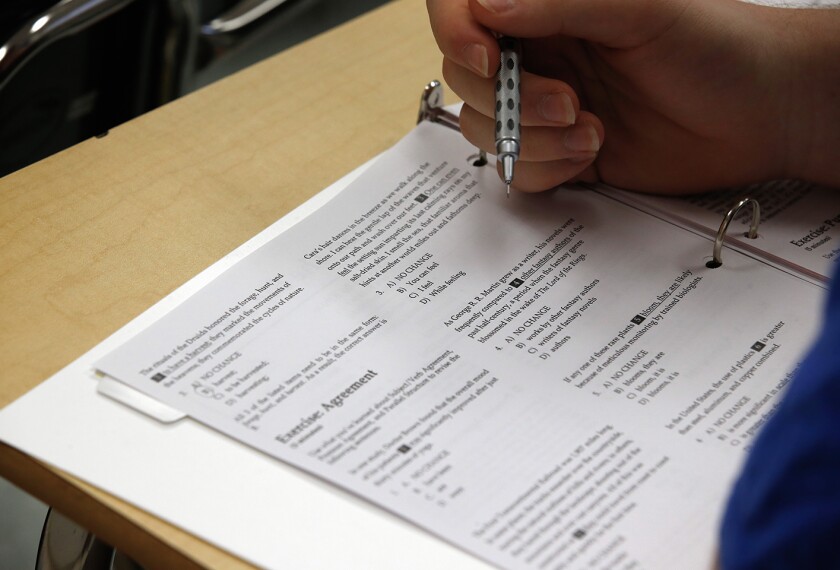To the Editor:
The Inside School Research blog post regarding Robert Putnam’s new book, Our Kids: The American Dream in Crisis, hit home with me. Finally, someone who gives voice to the truth with the statement, “Schools are not to blame for the academic gap between rich and poor students that starts before kindergarten.”
For years, educators and schools have been blamed for this academic gap, even though they are dedicated to helping their students every day—providing snacks, clothes, and emotional support, just to name a few ways they help—while still maintaining academic focus. Miracles happen every day in schools.
My school has, as have others, developed a mentoring program to provide positive role models for our students. This is because we educators have known all along the importance of “all kids being our kids.” Society must quit blaming schools and educators, and step up and take collective responsibility for education. We need positive, not only negative, coverage of what is actually happening in our schools. We need businesses to take a vested interest in being authentically involved in schools. Parents need to make time to converse with their children. Communities need to support adequate funding of schools.
Our future hinges on the ability of young people to work together, problem-solve, and have empathy for one another. How can we expect them to learn empathy, compassion, and community-mindedness if the adults in their communities are not displaying those values?
Legislators must quit measuring the success of a school by looking at one set of data points. Educators know that student growth is shown in many ways, not just in numerical form. We need more of our political leaders to visit schools, so that they can make educated decisions about the supports schools and children need.
Sherry A. Watts
Principal
Minneola Elementary Charter School
Minneola, Fla.




